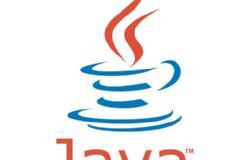🧑🏫 Java Exception Handling – Overview
Exception handling is a critical skill for writing reliable and fault-tolerant Java applications. In this class, students will learn how to gracefully handle unexpected errors using Java’s exception-handling mechanism. The session will begin by explaining what exceptions are, why they occur, and the difference between checked and unchecked exceptions. We will then move on to the use of try, catch, finally, throw, and throws in Java. Students will understand how to prevent application crashes by catching exceptions and responding appropriately. Real-world scenarios like file handling, invalid user inputs, and API failures will be used to illustrate the importance of structured exception handling. We will also cover how to create and use custom exceptions, ensuring students can extend Java’s error-handling capabilities when needed. Best practices, like when to re-throw exceptions and how to avoid exception swallowing, will also be discussed.
👩🎓 Who is this class for?
-
Students comfortable with Java basics
-
Those looking to write stable and error-resilient code
📚 What will students learn?
-
Difference between checked and unchecked exceptions
-
Using try-catch-finally, throw, and throws
-
Creating and using custom exceptions
-
Best practices in exception handling
🧰 Do students need to bring anything?
-
Java-ready laptop
-
Basic Java knowledge





